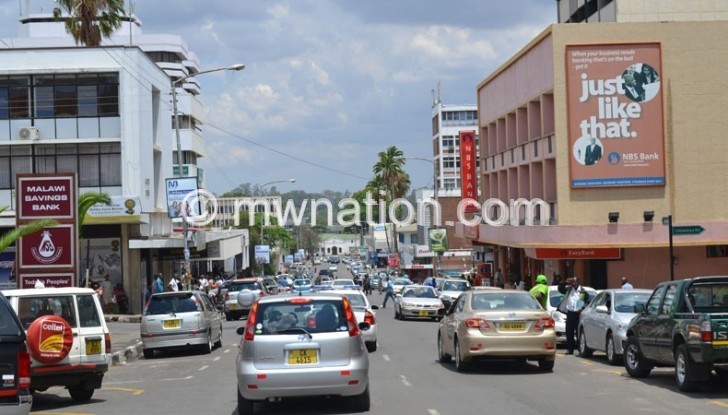Banks remain resilient amid Covid-19—RBM
The Reserve Bank of Malawi (RBM) says the banking sector has thus far remained sound and stable, thanks to the monetary and regulatory interventions it instituted to cushion Covid-19 impact.
RBM Governor Wilson Banda said in an interview last week that the financial sector regulator has continued to witness increases in credit risk in the market, reflected through loan moratoriums extended to borrowers affected by the pandemic.

He said: “Our recent assessment shows a total of 1 900 customers benefiting from this relief, with a consolidated balance of K103 billion. This constitutes 15 percent of total gross credit of the industry.
“Banks have restructured some loans and extended repayment moratoriums to some customers affected by the pandemic.”
Last month, RBM said it had extended the moratorium on payment of interest and principal on the loans to December 2020, after which the agreement will be subject for review.
Fees and charges on digital banking were also to reduce by 40 percent, in a bid to increase customer utilisation amid calls for social distancing.
Recourse has also been provided for Emergency Liquidity Assistance to banks.
Institute of Bankers in Malawi (IOB) chairperson Zandile Shaba said while the banking business performance in 2020 has been affected by the Covid-19 pendemic, banks have to get organised to serve customers better within the new reality.
She said: “Things have changed we, therefore, need to change.
“Some of the changes needed to navigate the new reality may require a change in regulations, accounting practices and many more.”
During the first half of the year, the banking sector registered non-performing loans (NPL) ratio of 6.6 percent, an increase from 6.3 percent for the 2019 second half.
The increase in the ratio was attributed to growth in level of NPLs by 6.9 percent to K43 billion while gross loans and leases only grew by three percent to K653.5 billion in June 2020.
Notably, restaurants and hotels sector reported the highest growth in NPLs by 254.9 percent to K1.9 billion in June 2020.
As regards to sectoral credit concentration, 53.3 percent of gross loans and leases was distributed among the top three dominant sectors namely; wholesale and retail sector with 21.4 percentage share, agriculture sector with 18 percentage share and manufacturing sector with 13.8 percentage share.
According to 2020 Annual Economic Report accommodation and food services; transport and storage services; and agriculture, forestry and fishing remain the worst hit sectors by the pandemic.





